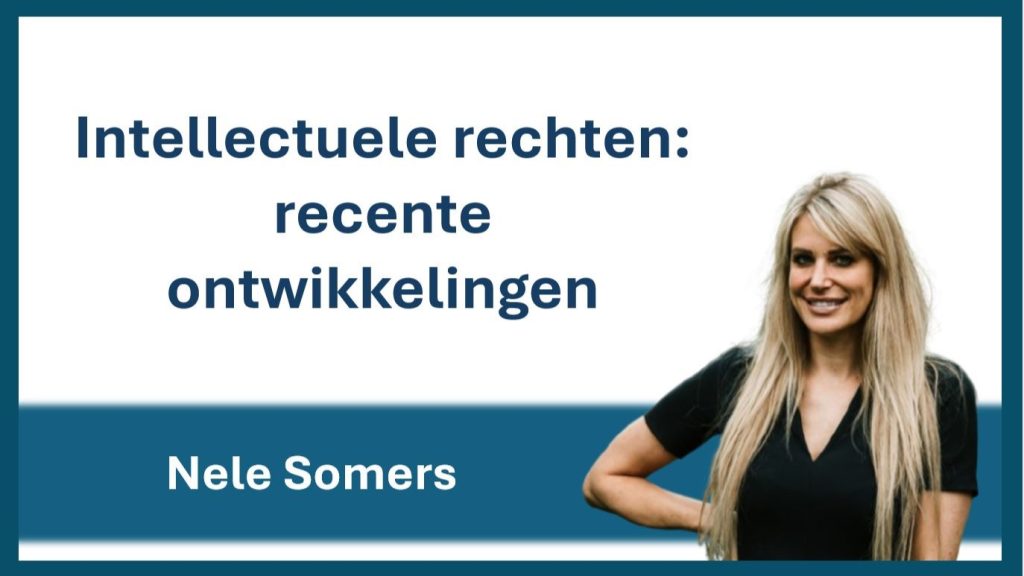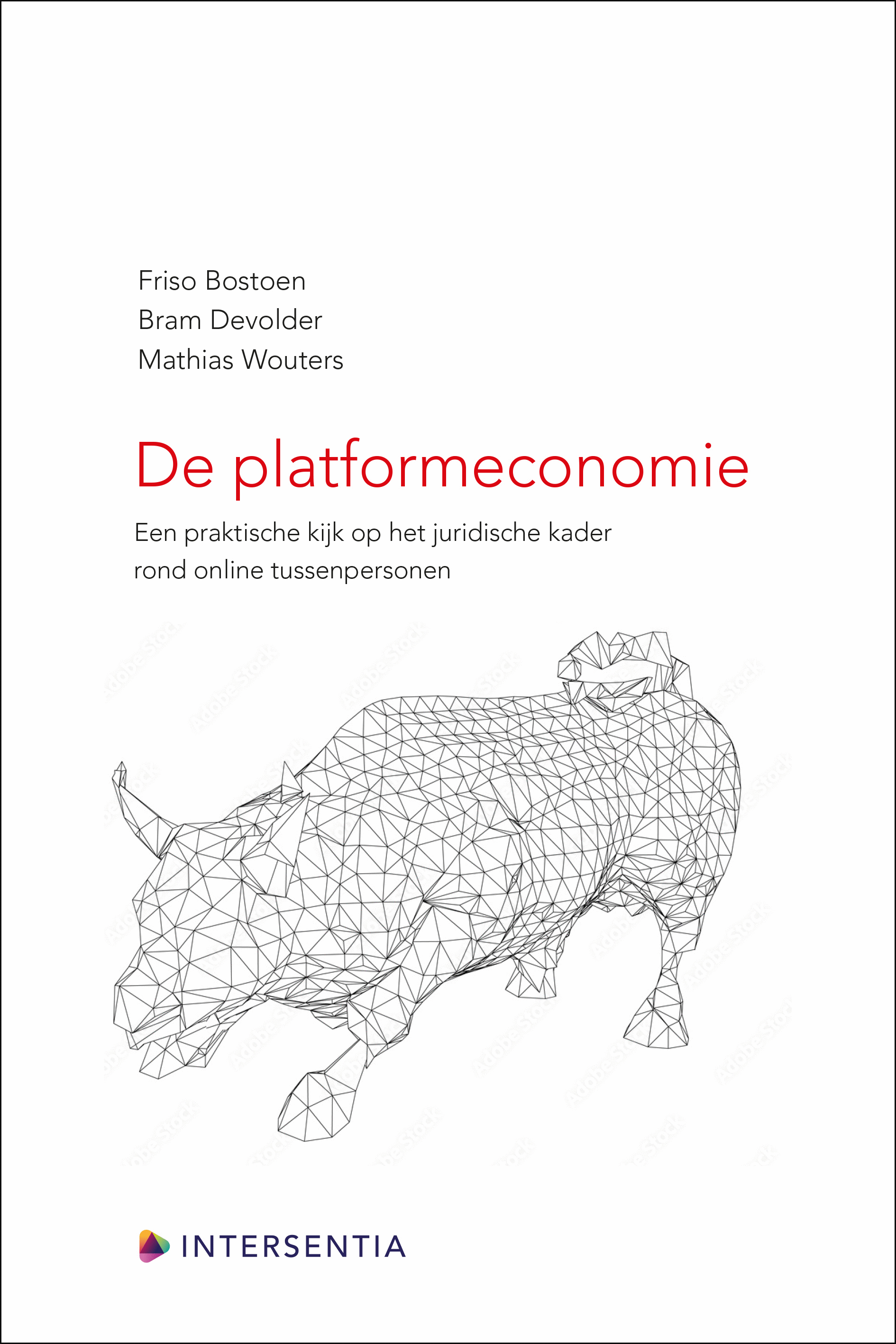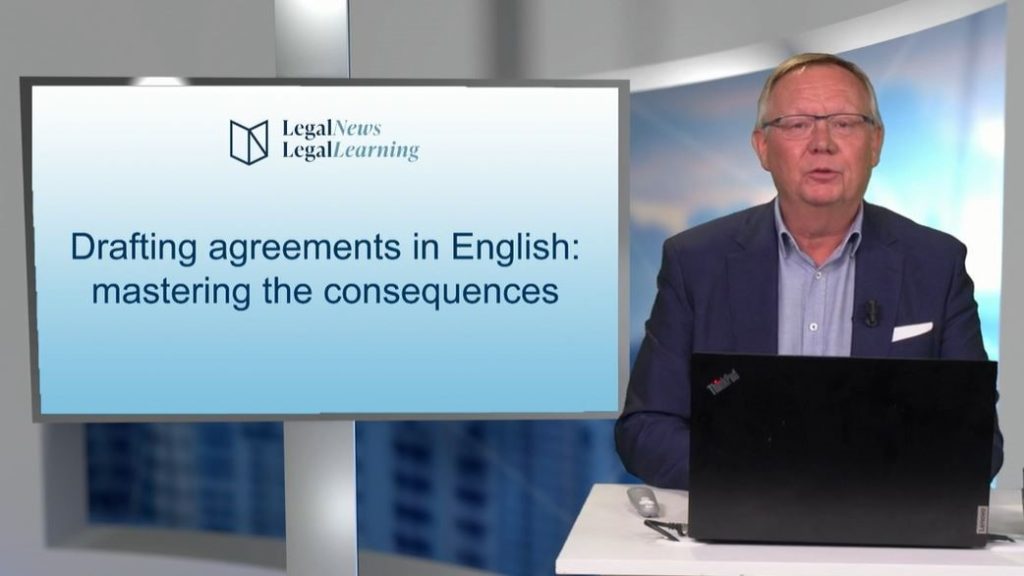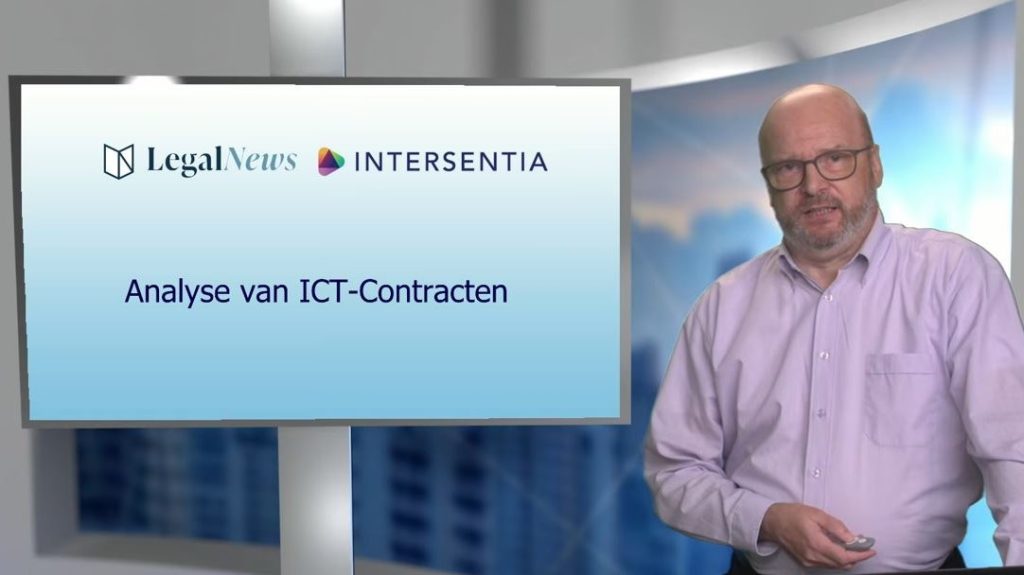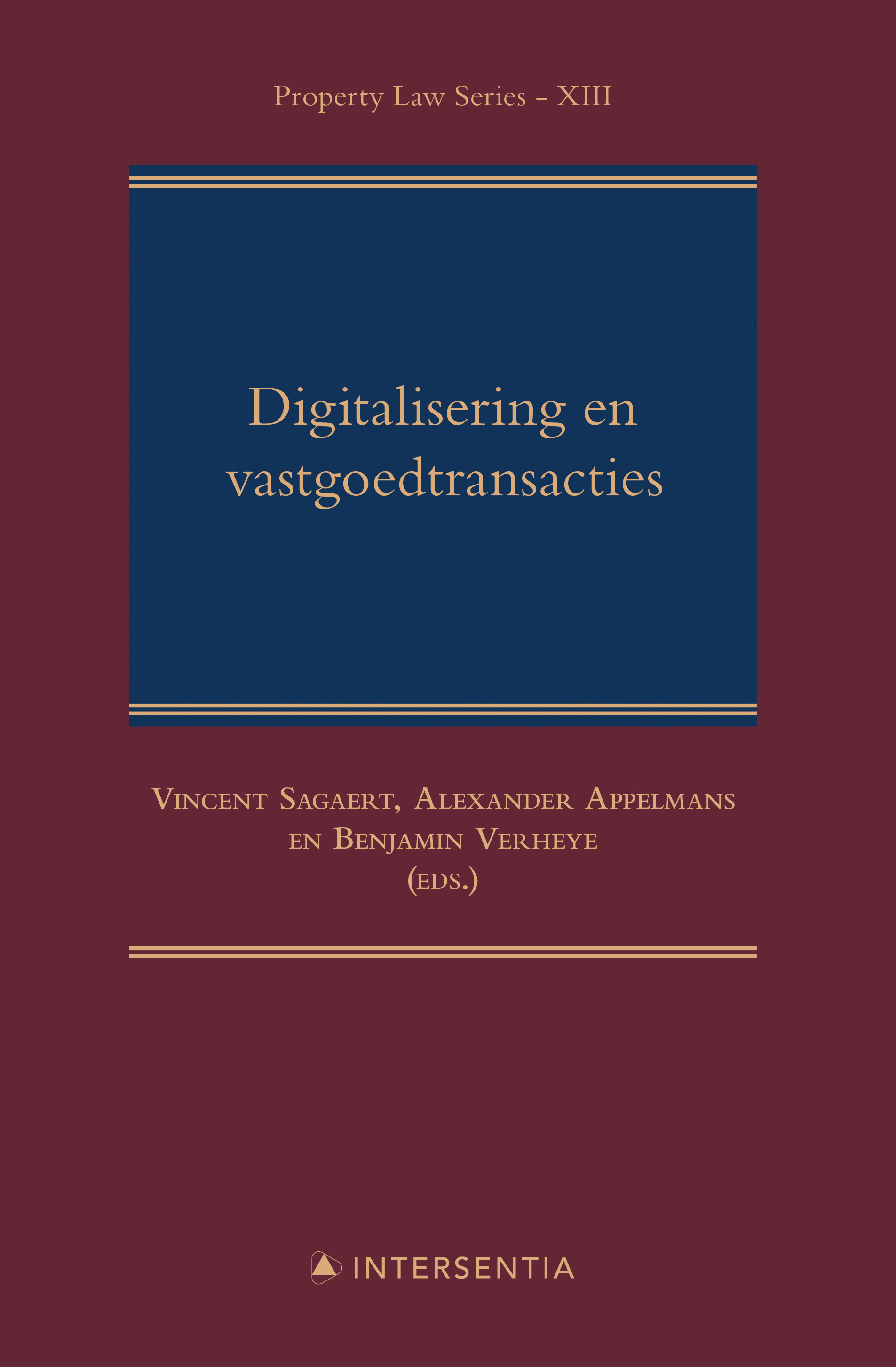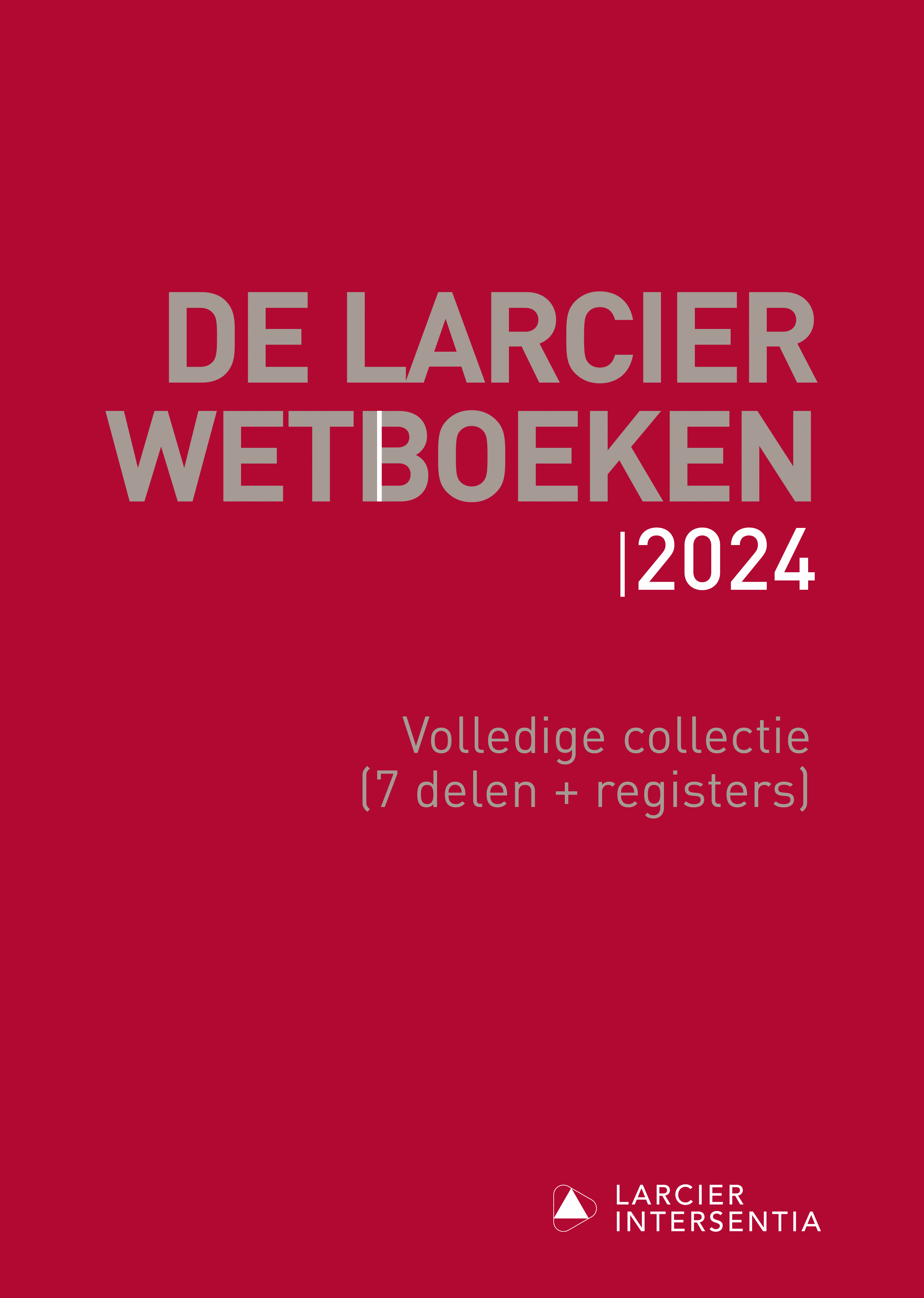Intellectuele rechten: recente ontwikkelingen
Dr. Nele Somers (Artes)
Webinar op vrijdag 10 oktober 2025
Wenst u meerdere opleidingen
te volgen bij LegalLearning?
Overweeg dan zeker ons jaarabonnement
Krijg toegang tot +150 opleidingen
Live & on demand webinars
Voor uzelf en/of uw medewerkers
SUMMER DEAL 2025
10 webinars on demand naar keuze
10 webinars on demand voor €595
OVB – IBJ – ITAA – FSMA – BIV – NKN – Sam-Tes
The European Electronic Communications Code Is Now in Force – 10 Takeaways (Stibbe)
Author: Cyril Fischer (Stibbe)
Publication date: 14/01/2019
The new Directive 2018/1972 of 11 December 2018 establishing the European Electronic Communications Code (the “EECC”) entered into force on 20 December 2018. It must be transposed by Member States by 21 December 2020. The EECC brings together the rules on electronic communications networks and services and aligns them to the recent technological developments in the field.
The EECC does not aim to regulate the content of the services. Rather, it regulates (1) electronic communications networks and services (“ECN” and “ECS”), (2) associated facilities and services, (3) the authorisation of networks and services, (4) radio spectrum use and numbering resources, (5) access to and interconnection of electronic communications networks and associated facilities, and (6) the protection of end-users.
The 10 main takeaways are the following:
1. Four key objectives
- To promote connectivity, access to and take-up of very high capacity networks by all citizens and businesses of the Union;
- To promote competition in the provision of electronic communication networks and services;
- To contribute to the development of the internal market in the field of electronic communications networks and services, radio spectrum, and connectivity;
- To promote the interests of European citizens. Security, protection and accessibility of end-users with special needs because of their disabilities or age are amongst the objectives stated.
The EECC underlines citizen connectivity as a key objective of the EU. The idea behind this is that connectivity is important in order to guarantee freedom of expression, pluralism, democracy, culture, social cohesion, and even safety.
2. A broader definition of ECS
Based on the observation that services that are functionally equivalent to traditional ECS (i.e., telephony or SMS) were hardly regulated, EU lawmakers broadened the scope of regulated ECS to those that are delivered via internet, i.e. the so-called “over-the-top” (OTT) services. The category of ECS now includes: (1) internet access services, (2) interpersonal communications services (“ICS”), and (3) services consisting wholly or mainly in the conveyance of signals.
Adding this sub-category of ICS constitutes a significant development in EU law. ICS themselves are divided into “number-based interpersonal communications services” and “number-independent interpersonal communications service”.
Voice over Internet Protocol (VoIP) and chat services such as Whatsapp, Facebook Messenger, or Skype are now likely to fall under the definition of ICS, and hence, under the definition of ECS.
3. Personal data and advertising as remuneration
In its recitals, the EECC clarifies that communication services provided (1) in exchange for the provision of (personal) data, (2) in exchange for access to the personal data, or (3) through which users are exposed to advertising as a condition for those users’ access to the service (i.e. services paid by a third party) are services provided in exchange for remuneration. Consequently, these three types of services can qualify as ECS.
4. Significant market power
Undertakings with significant market power (“SMP”) are those enjoying a position equivalent to dominance.
Such undertakings fall under a specific system whereby obligations in terms of transparency; non-discrimination; accounting separation; access to civil engineering (e.g., buildings, cables, wiring, antennae, etc.), network elements and associated facilities; price control; deployment of a new very high capacity network; and functional separation are imposed on them.
Besides these obligations, being an SMP can also be an opportunity: for instance, the EECC provides that national regulatory authorities (NRA) should refrain from imposing obligations on the new, very high capacity network in which an SMP operator has co-invested.
5. Radio spectrum and 5G
The EECC provides for strategic planning and coordination of a radio spectrum policy, as well as for effective management of radio spectrum by Member States. Indeed, management of radio spectrum is essential for the roll-out of 5G technology, but it is also generally needed for electronic communications networks and services.
6. Consumer protection
The EECC reinforces consumer protection by safeguarding their rights to non-discrimination, information (e.g. best tariff information), transparency, provider switching and portability (including, in principle, the limitation of the contract duration to 24 months, as well as the right to terminate the contract in case of automatic prolongation), universal service, availability, etc.
Interestingly, the EECC now imposes to provide consumers with a summary of the contract, as an integral part of the contract.
7. Universal Service
Before the EECC’s entry into force, the universal service was aimed at old-fashioned services only, such as public payphones. Today, the concept has been modernised to cover adequate broadband internet access service and voice communications services. In other words, the EECC states that every citizen must be able to access and use basic services (e-mailing, search engines, online training and education tools, online news, social media, etc.).
Concretely, this could mean that Member States may require providers of internet access and of voice communications services to offer tariff options and/or packages different from those provided under normal commercial conditions. In certain circumstances, these offers must be communicated to the NRA, which may require such tariff options or packages to be modified or withdrawn.
8. General authorisation of electronic communications networks and services
Even though the proposed concept of having a single and unique notification to BEREC was not enshrined in the EECC, the information that may be requested by the NRAs has been harmonised.
9. Access and interconnection
NRA are responsible for ensuring access, interconnection, and the interoperability of services.
Consequently, and under certain circumstances, they can impose on undertakings obligations:
- to interconnect their networks;
- to make their services interoperable;
- to grant access to wiring, cables and associated facilities inside buildings or up to the first concentration or distribution point where that point is located outside the building, or even to a point that the national authority determines to be the closest to end-users.
10. The BEREC as key player of the Code
The Body of European Regulators for Electronic Communications (BEREC) has an important role to play in the application of the Code: issue guidelines, advice and opinions, reports, and conduct analyses.
» Bekijk alle artikels: IT & IP


